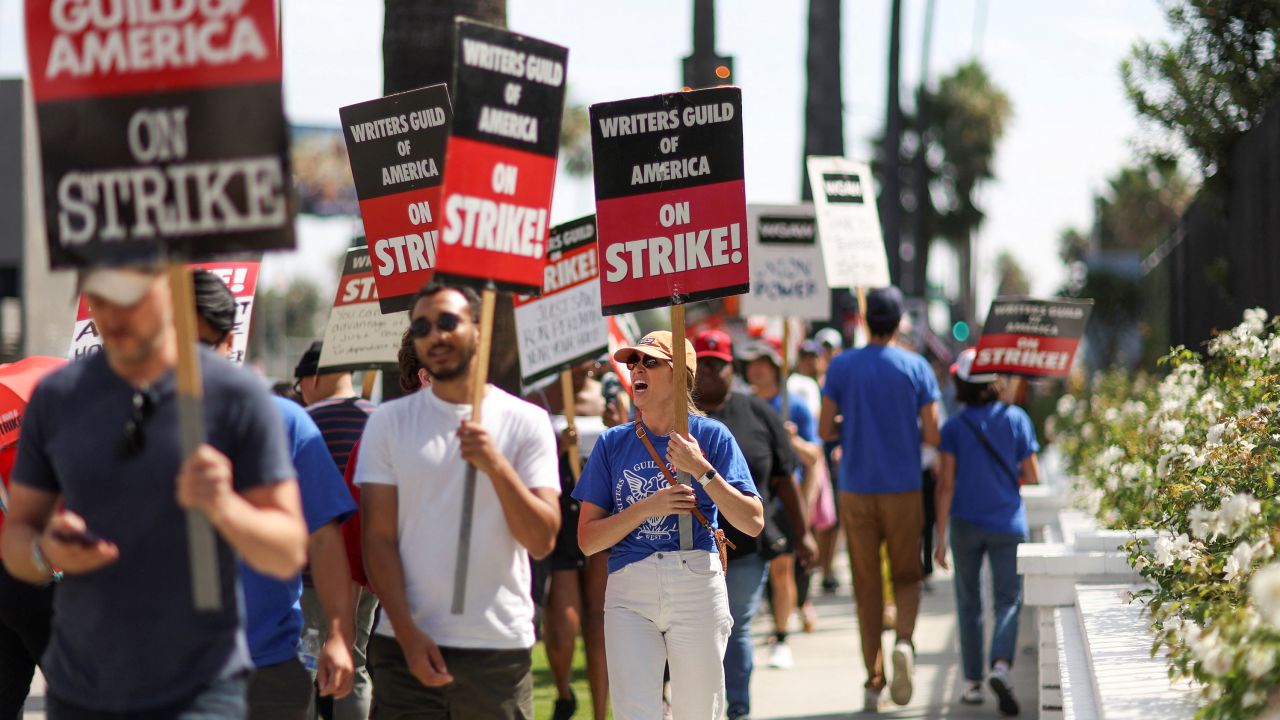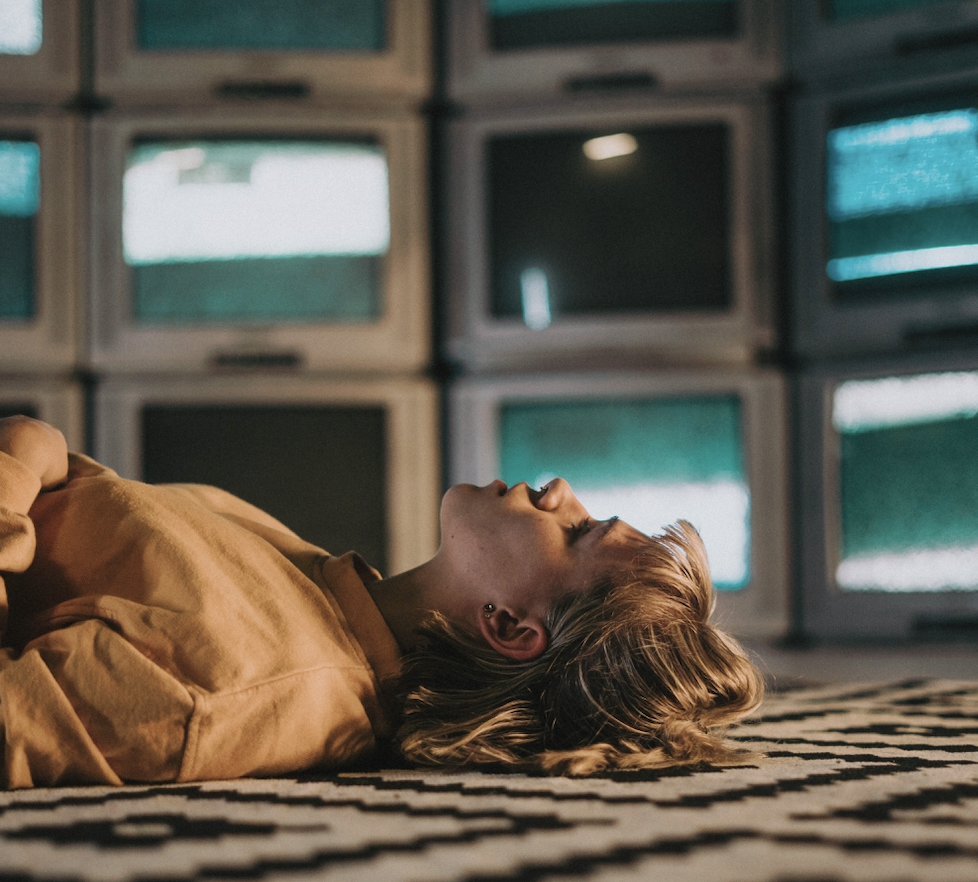COVID Testing

Difficulty Meeting at Church Due to COVID
Back in March, places of worship were not deemed essential to be kept open during the COVID-19 pandemic and haven’t been since. As the COVID cases have slowed down, churches have slowly been allowed to open. But even though the government is letting churches open, not all have. Some have opened to 50% capacity, requiring masks and a reservation before you can come in. Others have stuck to remain online until further notice, in some cases until they don’t have to wear a mask. A few, like Episcopal Church of Gethsemane, have even temporarily closed due to the toll of COVID on their leadership.
Regardless of whether they are open now, each church community has lost about half a year’s worth of fellowship and fellowship is where Christianity thrives. There are countless verses in the Bible about having a strong community rooted in united beliefs. This community goes beyond small talk; it’s a community made up of one unified body, mind, and spirit as talked about in the book of Ephesians. But this loss of connection has created separation, not just physically, but emotionally and spiritually.
Archbishop Bernard Anthony Hebda, who serves at the Archdiocese of Saint Paul and Minneapolis, noted that it was particularly hard to not meet as a full congregation for Easter. He said, “Some people are also weighed down by the absence of music at Mass, by the wearing of masks, and by the diminished number in attendance.” Some people of faith find their only community in the church; taking it away took some people’s only social outlet.
Opinions on Mandates by Christian Leaders
This lack of meeting has caused a disconnect in the church community. A main divide is the differing opinions about the COVID requirements. Facebook fights are breaking out, the dreaded words “church split” are being murmured. North Central University (NCU) student Justin Wiggins helped lead worship at his church back home and throughout the summer. He said that while the central atmosphere was fine, there was still some underlying tension about wearing a mask or not.
This separation isn’t just locally based; it has become a world-wide fight. Christians now find their identity in whether they wear a mask or not. Two prominent Christian leaders, John MacArthur and Andy Stanley, are split on this issue. MacArthur has been challenging California law by completely opening his church, Grace Community, without a requirement to wear masks. In his eyes, he sees the Center of Disease Control (CDC) guidelines as simply that, guidelines and is skeptical about the virus in general.
“Health mandates and governor’s orders are not law,” said MacArthur. “We hear the other day that there is one death per 100,000 people from COVID in California at this present time, so the narrative doesn’t work. They can’t sell us this lie anymore that makes you shut down the church.” And as a result, he and his church are being sued and now have a contempt hearing to be held in November.
In stark contrast, Stanley has been perhaps more cautious than the guidelines presented by the CDC and the state governments. According to “The Christian Post”, his church, North Point Community, is closed for at least the remainder of this year and it is unclear when North Point will let people back into the building. He says, “This was just our way of loving our neighbors and loving our neighborhoods, trying to keep our neighborhoods safe as we get closer to school reopening.” Based on how complicated it has been to open schools in Atlanta, where North Point is located, Stanley didn’t want to add more chaos to mix. And unlike MacArthur, Stanley thinks the government is truly trying to figure out the problem that is COVID and how to fix it.
This argument is more than the medical side of wearing a mask. The core difference between these two sides is whether closing churches and wearing masks is seen as persecution and infringement on religious freedom rights. Sean Feucht, a Bethel singer, has recently come out saying that the COVID guidelines are similar to the persecution the early church faced. He has been organizing several outdoor worship concerts to exercise First Amendment Rights, according to “The Christian Post”.
He tweeted back in July that the California restrictions are a “…tyrannical move and drastic overreach of government into our religious liberties!!” Likewise, MacArthur believes the government is using COVID to take away corporate worship, which is a staple of Christianity. “I think corporate worship is the stimulating of one another, love and good works as we come together. Even the early church came together…how do you stimulate one another to love and good works if you’re isolated from each other? We come together for the purpose of corporate worship,” said MacArthur.
Grace Dahlager, a NCU student and Cedar Valley Church intern, also compared the 2020 church to the early church. She recognizes the similarities of the church forced to be isolated but believes that this will cause more outreach and more revival within the church. “Some people are like, ‘Oh I’m not in the [physical] church, I can’t do anything,’” said Dahlager. “But what is stopping us from going to the streets and sharing our story?”.
Revival has been a recurring theme in church, especially in a growing secular society. Normally times of persecution cause believers of Christ to have more fervor for the word and eagerness to share it. In the decades after Jesus was crucified, Christianity in the Mediterranean area spread like a wildfire because those followers had nothing else they could rely upon. Christians like Dahlager and MacArthur are worried that the government is singling out Christian churches, quenching that fire.
Church and State
There has always been a confusing line between church and state. That line is easy to interpret when church and state align on values, but when those values don’t align it gets complicated quickly. The government gives all buildings, including churches, certain health and safety codes that they have to follow, which Stanley equates to the COVID restrictions. Because the same thing is happening to the NFL, an organization that is more popular and receives and makes much more money, the church in America is not being targeted by the government, says Stanley.
Similarly, Steve Treichler, head pastor at Hope Community Church, thinks that referring to the guidelines as persecution is “ridiculous.” “The government isn’t treating churches any different [than other businesses],” said Treichler. “COVID has greatly impacted church on Sundays, but that isn’t our lifeline as Christians.” His church is instead focusing on small groups to bring back the community that they lost.
Treichler, along with many other pastors and church leadership teams, have exhausted themselves in making countless decisions, most that they’re not sure about. For example, Archbishop Hebda received numerous letters from his congregation about how “painful” it was to meet in person and how negatively it affected their lives. As a result of those letters, all the Catholic bishops in Minnesota wrote a letter to Governor Waltz about opening their churches early.
It was a difficult and tiring decision to make, but they believed it had to be done for their congregation to survive. On the other hand, Treichler has gotten some backlash for not opening his church. Either way, criticism will come. Treichler believes it is important not to judge other churches because there are no perfect answers in this unprecedented time.
Unfortunately, the decision making doesn’t look to be over in the foreseeable future because COVID has changed normal Sunday church. Churches all over were forced to start a livestream to keep some connection with their congregation.
For the first couple months, Treichler, Wiggins, and Archbishop Hebda said their numbers went up because they were able to reach across the country. But as time went on, it was harder and harder to keep people interested in live streamed church. Even now, with churches opening, only up to 40% of the congregation has returned in some churches, according to “The Christian Post”. This fact leaves pastors struggling to find a new way to do church. Does that mean the new norm is online? Or will church remain in a limbo state until the mask requirement is taken down?
Wiggins believes that the church is too social for it to stay online but admits that it is easier to watch at home.
Dahlager thinks that those who haven’t come back to church already weren’t connected in the first place and that this trial is really testing the loyalty of the congregation. “We have to be able to function as a church without the building,” said Dahlager.
Treichler isn’t sure where COVID leaves the church and how meeting together will look practically for Hope. “We, as a church, just keep asking ourselves, ‘How do we best love our church, our city, our community, and those who drastically disagree with us?’” says Treichler, “When we answer that question right, the practical things will fall into place.”
The state of the church is in a fragile place right now. While many have come to the faith because of the existential crisis of 2020, others are falling away because of that same reason. The way that the church has responded and continues to respond is crucial to its growth and longevity. Even if it can stand through COVID, the church has many recurring challenges and ones that haven’t even yet begun. Being unified is normally the only thing keeping Christians together. But if they aren’t unified, who are they?
How should the Church respond to the COVID-19 pandemic amidst attendance capacity restrictions?





